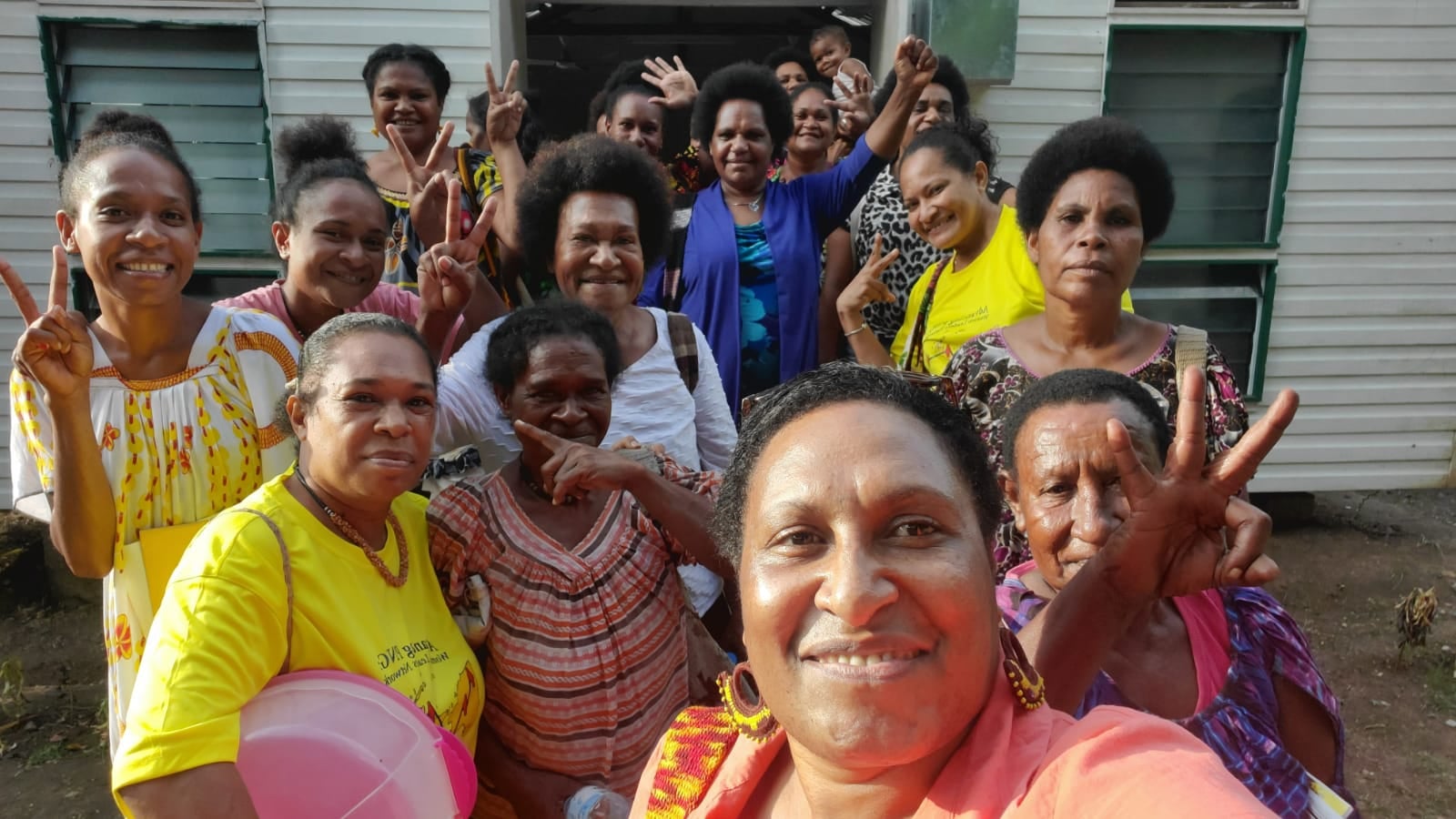Despite the numerous known benefits of literacy—improved health outcomes, enhanced economic resilience, and increased civic participation, among others—a full 750 million adults worldwide are still unable to read. Overall progress in this area has stalled, and the UN says that “drastic measures” are needed to address the global learning crisis.
While several factors contribute to high rates of illiteracy, one key element is a lack of access to quality reading materials, specifically in languages that children understand. Getting books into the hands of students in developing countries often depends on a complex interplay of government policies, private sector capacity, and donor support. Any number of problems related to forecasting, planning, and authorship, distribution, coordination of actors, and procurement processes—to name just a few—can interfere with children receiving the books they need to learn.
That’s what led to the formation of the Global Book Alliance, a powerful coalition of organizations—ADEA, All Children Grand Reading Challenge, Australian Aid, Department for International Development, Global Partnership for Education, Norad, Save the Children, UNESCO, UNICEF, USAID, the World Bank, and World Vision—to transform the world’s book chain and bring books to every child. USAID hosts the Alliance’s Secretariat, which is made up of two Dexis staff. Located in USAID’s Office of Education, Dexis’ team supports USAID’s work to manage operations and activities of the Alliance by coordinating across numerous, multi-country stakeholders, advising on emerging best practices, and coordinating the Alliance’s flagship initiatives.
The Alliance is helping major players, from governments to the private sector to donors and implementers, to understand the complex systems at work and find ways to improve them to support literacy in the long term. In just one example, the Alliance has created a research tool to review and analyze a developing country’s entire book chain. This analysis helps unearth market-related challenges, such as issues related to purchasing that involve risk imbalances for publishers or a lack of market information for both private and public sector actors to make informed decisions.
The Alliance is beginning to pilot this tool in eight countries through USAID’s Global Book Alliance in Action (GBAIA) contract with Education Development Center. And the resulting analyses will lead to actionable recommendations to support ministries of education, private sector publishers, donors, and program implementers to help build robust local markets for books. These analyses in turn are allowing the Alliance to identify, document, and encourage the widespread adoption and implementation of best practices related to the book supply chain.
To build practical skills in the private sector, the Alliance recently held a three-day training for publishers in Nairobi, Kenya through the Global Reading Network. The workshop built publishers’ business skills and the knowledge needed to develop high quality reading materials for young learners. Training topics included: Book development in Kenya; Developing a business strategy; Reflecting diversity in books; Editing; Marketing; Copyright and licensing; Digital publishing; and Developing decodable readers. Dexis’ staff participated in the event to represent the Alliance, support the facilitators, and identify ways the Alliance can refine and scale such skill-building sessions going forward.
Beyond this, the Alliance is working to promote new innovations that spur systematic change. For example, through funding to the World Bank’s REACH Trust Fund, the Alliance has supported pilot activities using results-based financing to improve the book supply chain. This approach identifies and rewards changes only after the agreed upon result has been delivered and done so in a manner that can be credibly sustained over time. Early results from these initiatives have been promising, including a track-and-trace initiative in Cambodia which the Ministry of Education plans to adopt and scale up across hundreds of schools. Track-and-trace allows for increased efficiency in ordering books, provides reporting data throughout the book delivery process, and fosters transparency in supply chains.
Literacy is foundational to a host of desired development outcomes. And we can’t underestimate the importance of books and reading materials in local languages in fostering the ability to read and other vital skills. To do this requires a thorough analysis of book chains, with concrete recommendations on how countries can improve them, as well as practical support for governments, the private sector, and other key players to make changes that are both sweeping and sustainable.


